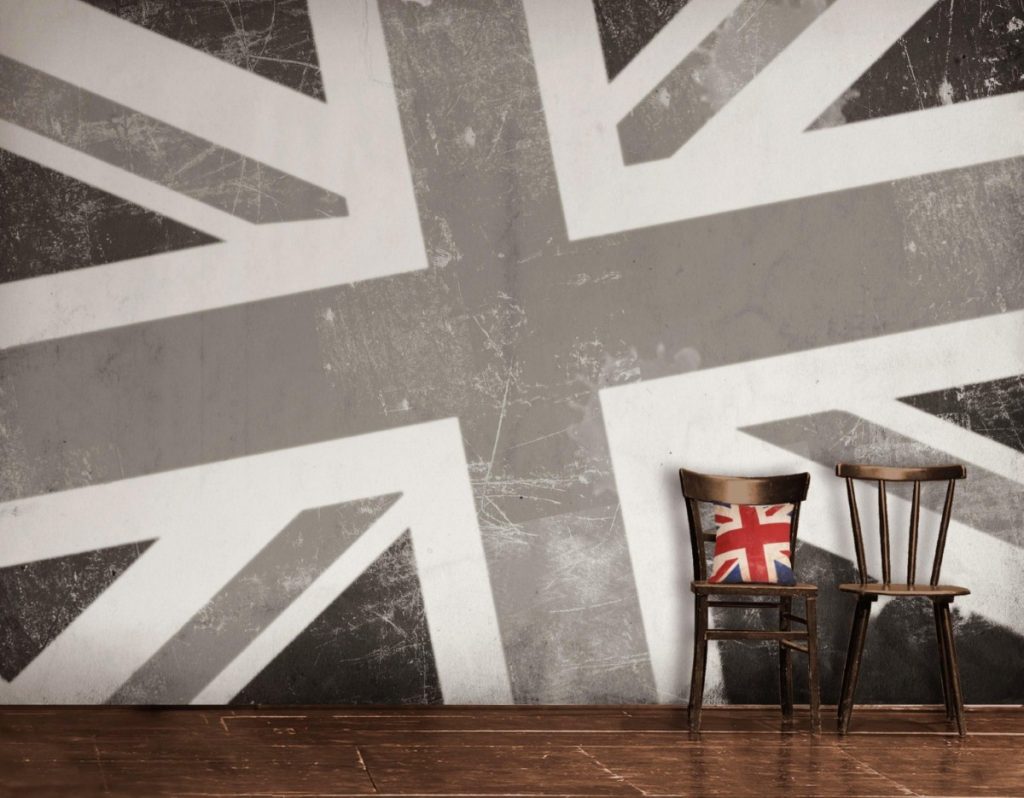Cold Britannia: Is the recession making us lose our compassion?
The proportion of people who want a more generous unemployment benefit has fallen despite the impact of the recession, according to new research.
The British Social Attitudes survey, which has been run every year since 1983, found hardened attitudes towards welfare recipients, even as more people demanded an increase in public spending for state services.
The end of equality?
Overall Brits appear to have given up on the post-war ideal of an egalitarian society. In the early 1990's, as Britain laboured under a recession, around 50% thought the government had a responsibility to create a more equal society. It remained above the 40% mark until Labour came to power in 1997.


Since 1998 the figure has rarely been higher than 40% and the latest figures put it at 37%.
In 1993, 55% of people thought unemployment benefit was too low. By 2007 that figure had fallen drastically to 25%. Now it has shrunk even further to just 19%.
The public treat welfare recipients differently, with most supporting increased support for those caring for the sick and disabled, for instance. But almost all groups have seen their support fall. While this trend began in 1998, it has accelerated since 2008, when the financial crisis hit.
Even the disabled are not immune. Support for more state spending on disabled people who cannot work fell from 74% to 64% in 2006 and has continued to decline. It is currently on 53%.
Good news for the coalition?
The results suggests there would be public support for the coalition's plans to tighten the nation's purse strings and cut benefit payments, but there is a major caveat: for the first time in nine years, the proportion of people calling for higher taxes and public spending has gone up.
The trend seems to be cyclical. In 1983, in the first British Social Attitudes survey, just 32% wanted more tax and spend. In 1991, after years of Thatcherism, 65% supported tax and spend. In 2010, just 31% supported it, and now the figure appears to be rising again with 2011's result standing at 36%.
Other findings show continued support for a publicly funded NHS with no restrictions based on income.
While the state-spending results do appear to be cyclical, rather than evidence of changed public mood, they show continued faith in the ability and desirability of the state delivering services, despite the government's intention to hive off functions to charities and the private sector.
But generosity is directed generally towards service provision, not welfare payments or income redistribution in general. As a weather-vane of the public's political beliefs, the results tilt towards the coalition, even if they make difficult reading for Downing Street.

